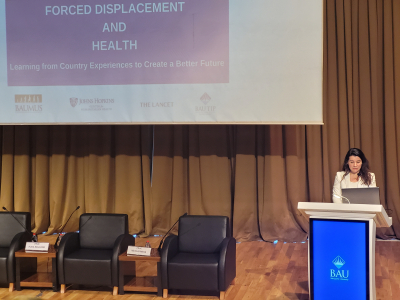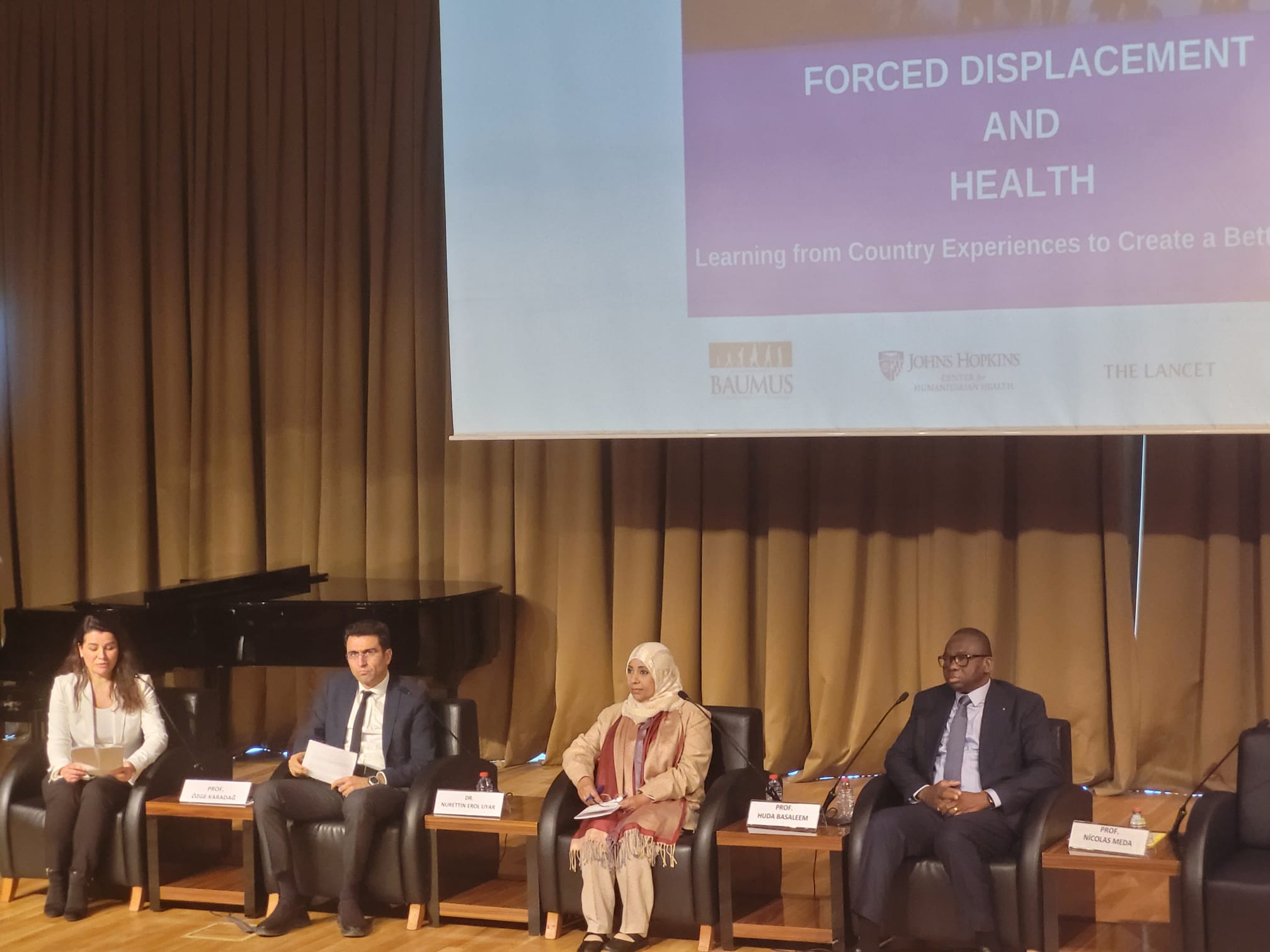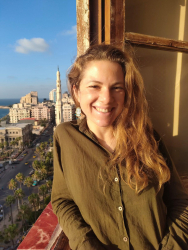


The Center for Humanitarian Health (CHH) at Johns Hopkins University, in collaboration with The Lancet, has announced the establishment of the CHH–Lancet Commission on Health, Conflict, and Forced Displacement. This pioneering initiative aims to reshape the global humanitarian system, placing the priorities of affected communities at its core.
The commission, co-chaired by esteemed figures including Paul B Spiegel, Karl Blanchet, Chi-Chi Undie, marks a significant step towards addressing the pressing challenges faced by forcibly displaced populations worldwide. Notably, among the distinguished co-chairs and co-authors of this groundbreaking commission is Dr. Ozge Karadag, an alumna of the IAP Young Physician Leaders (YPL) programme in 2018.
Ozge Karadag has an extensive experience which spans over 20 years of dedicated work in public health research and policy development. With a focus on vulnerable and disadvantaged populations, including refugees and migrants, her contributions are poised to make a profound impact on the commission's objectives, drawing on her experience as a YPL alumna and her involvement in previous international initiatives.
In an interview, Ozge articulated the commission's mission and objectives, emphasizing the urgent need to address violations of international humanitarian law and strengthen accountability mechanisms. She highlighted the commission's commitment to reimagining the humanitarian system through evidence-based recommendations aimed at protecting vulnerable populations and promoting human rights.

Highlighting the urgency of the commission's work, Dr. Karadag emphasized, "We see a lot of people either trapped in war zones or having difficulties during their forced displacement, we see lots of problems with international humanitarian law which is not implemented properly. Without proper protection, medical and humanitarian workers are also disproportionately affected by the conflicts."
She further elaborated on the commission's objectives, stating, "We will work on several challenges: why the humanitarian international law is broken, how we can build an international system that works, according to human rights and international laws. We will provide recommendations on how to protect vulnerable populations."
Dr. Karadag underscored the commission's commitment to inclusivity and collaboration, noting,
"We have a multidisciplinary commission; at the same time, we will consult professionals, affected communities, and the next generation of humanitarian scholars from around the World. Working with different disciplines, countries and different affected regions will be a learning experience for the commission as well."
As the commission embarks on its two-year journey, its mandate extends beyond research and publication, encompassing advocacy efforts and engagement with policymakers and donors on a global scale. Through strategic partnerships and multidisciplinary collaboration, the commission seeks to effect tangible change in the lives of those affected by conflict, forced displacement, and the intersecting challenges of climate change.
Read the article from The Lancet, about the launch of the CHH Commission, here.
Read more about YPL alumna Ozge Karadag here.
Read more about the IAP YPL Programme here.
